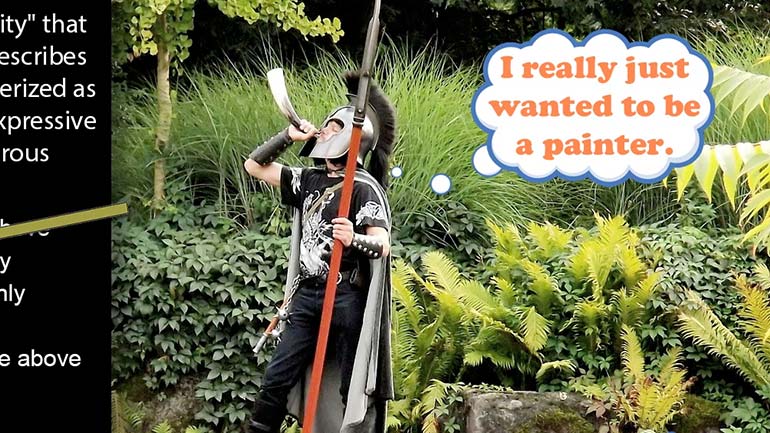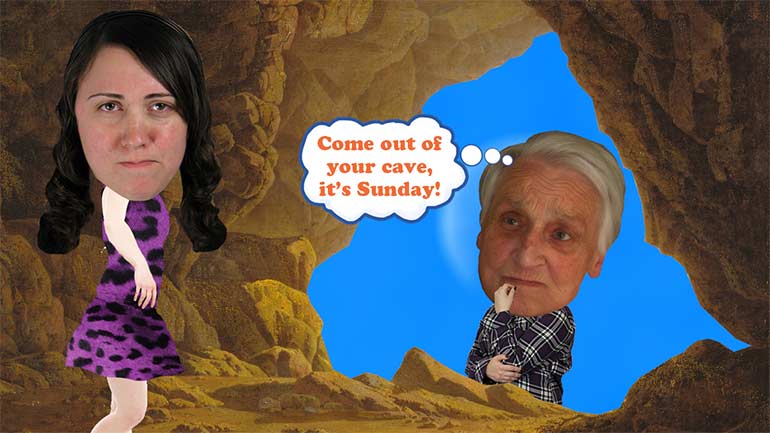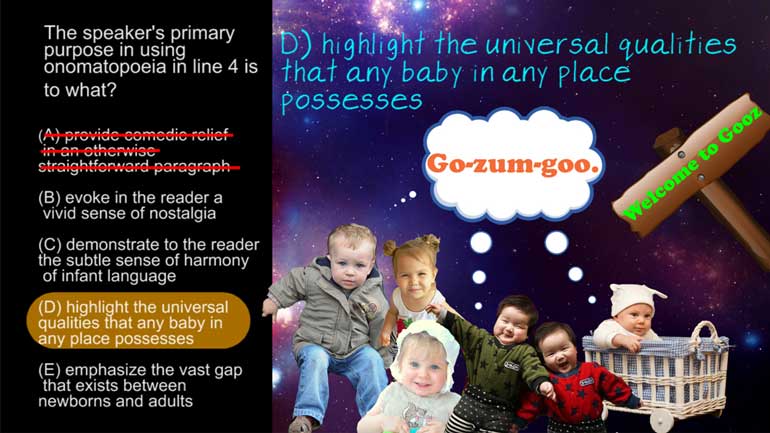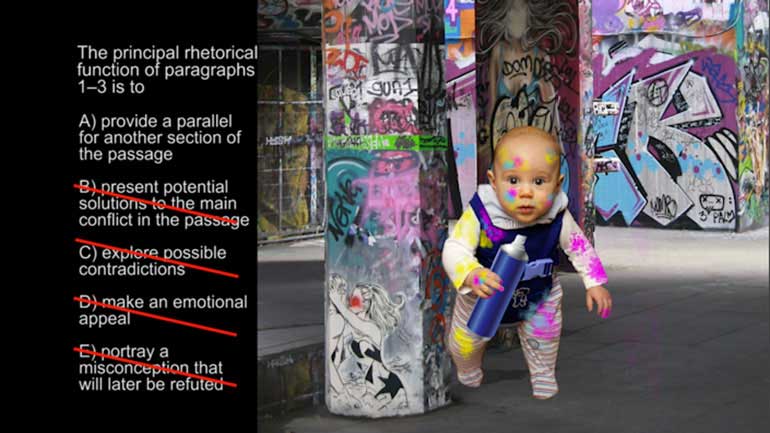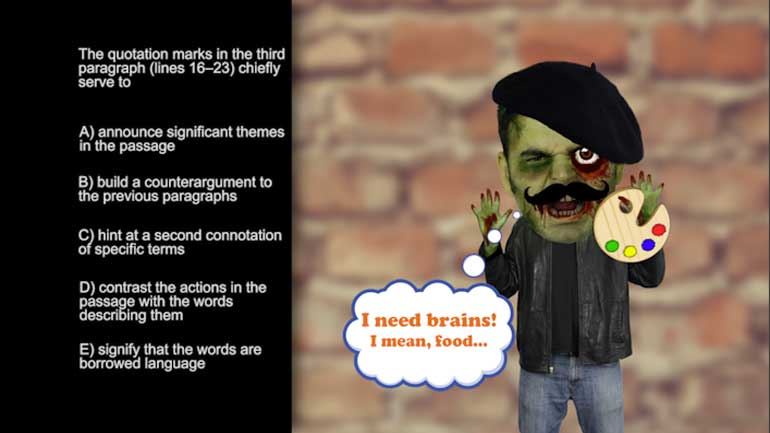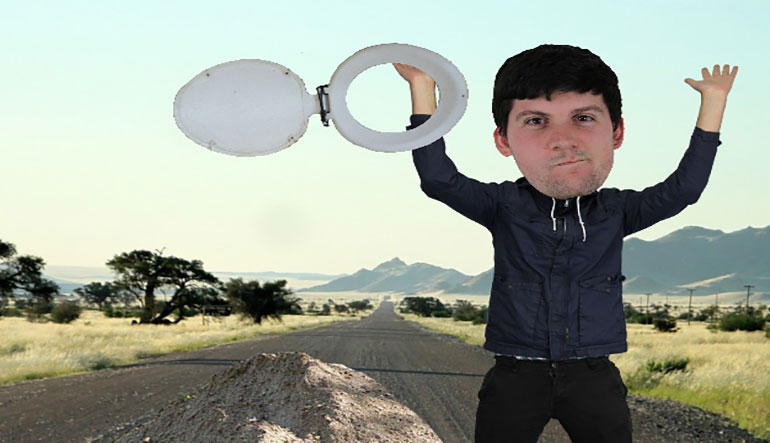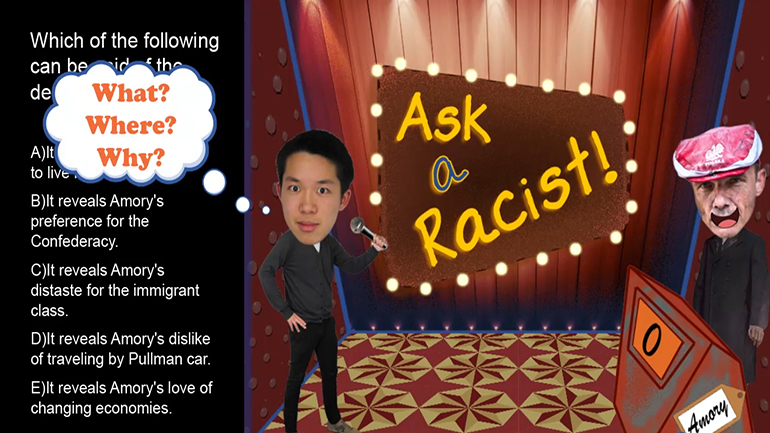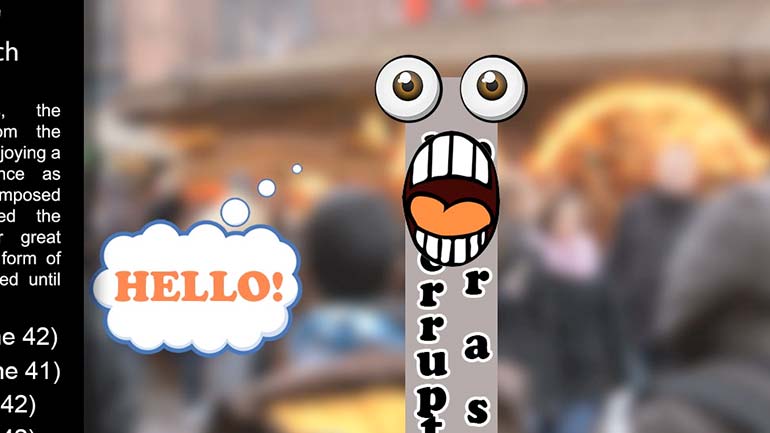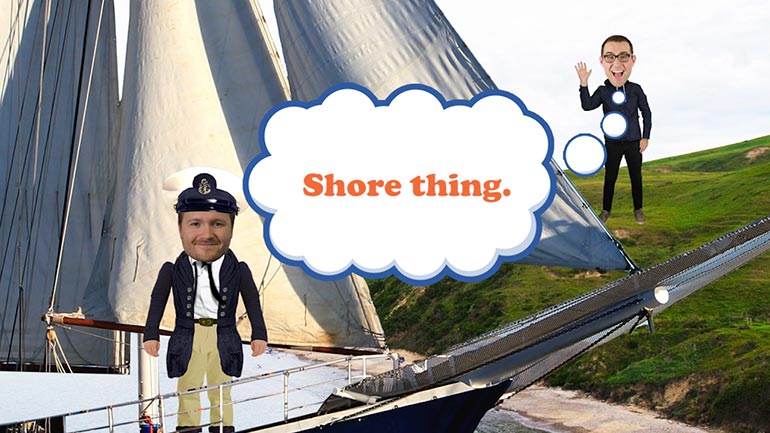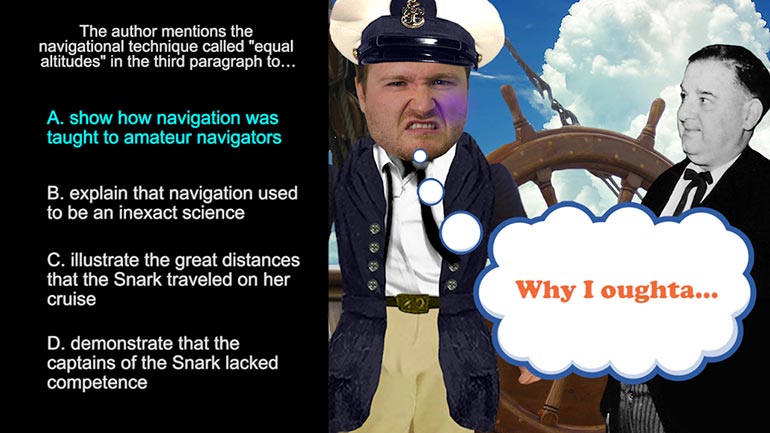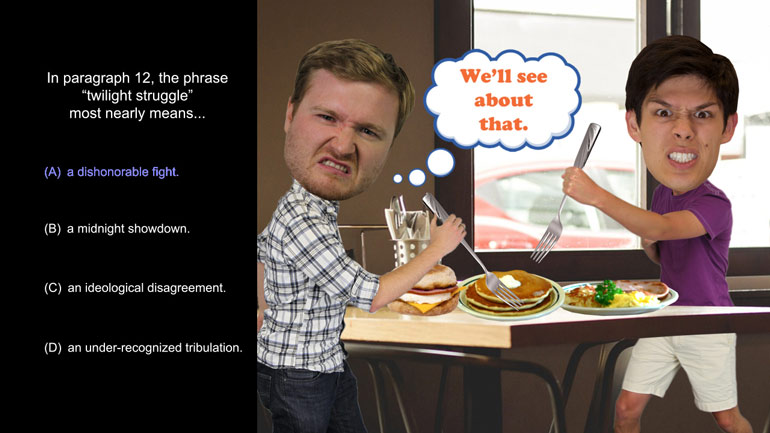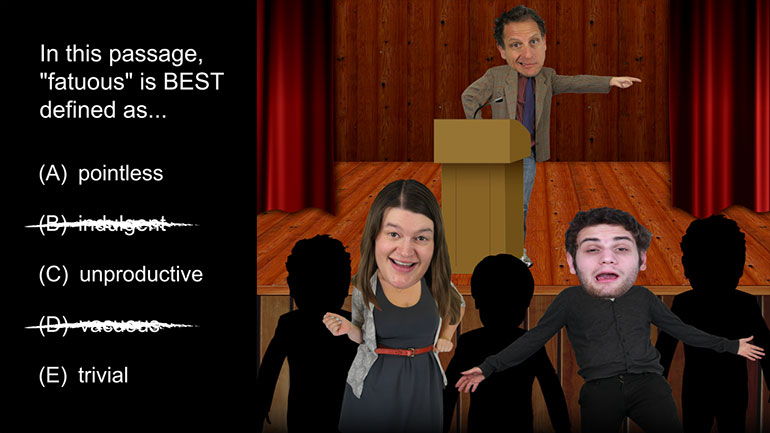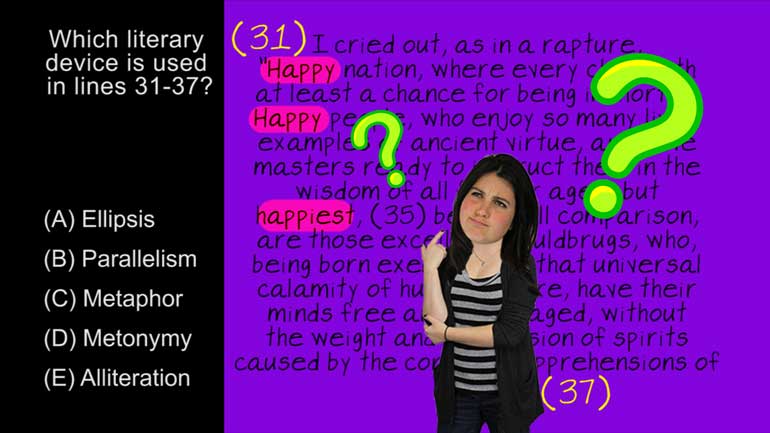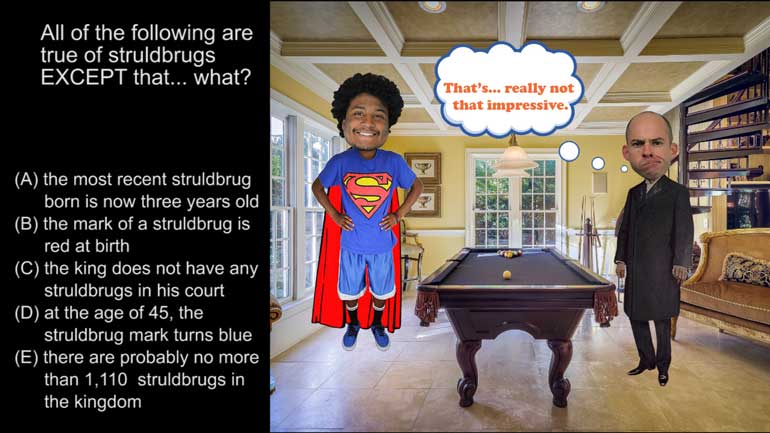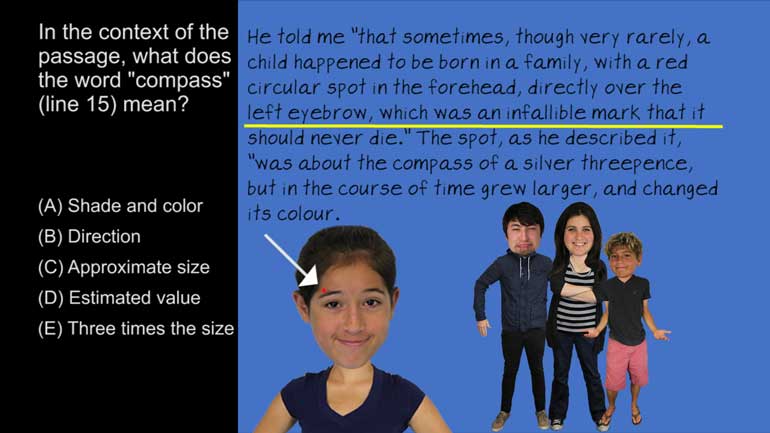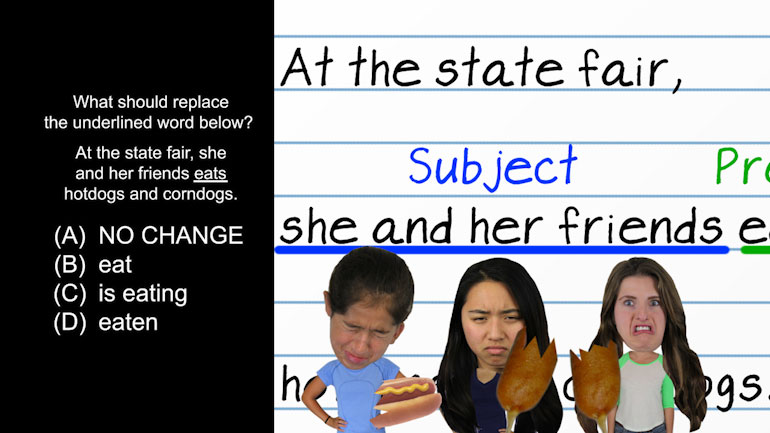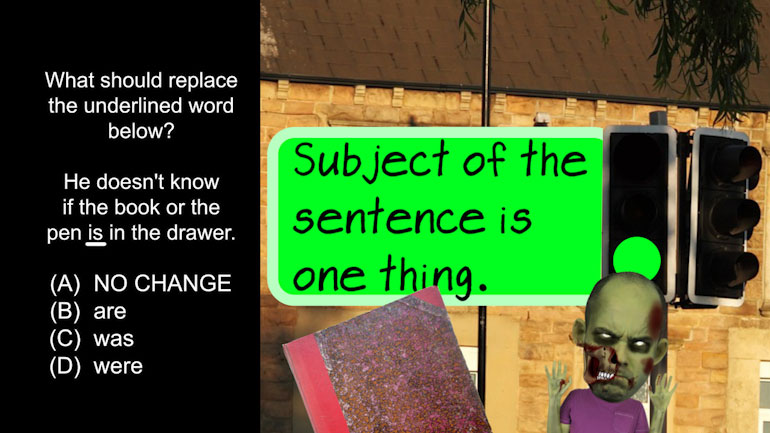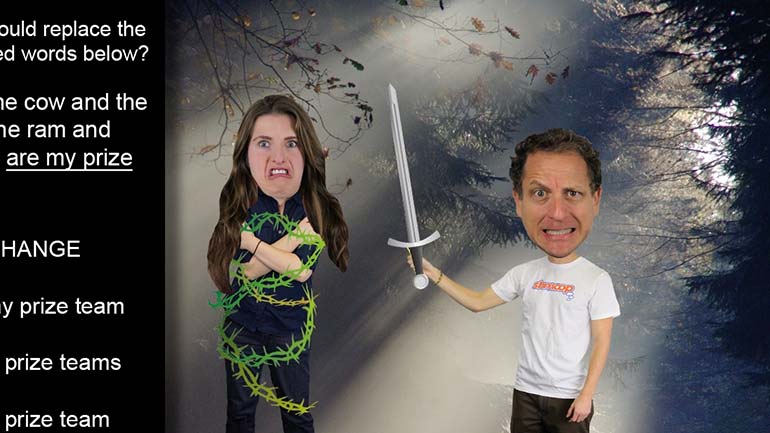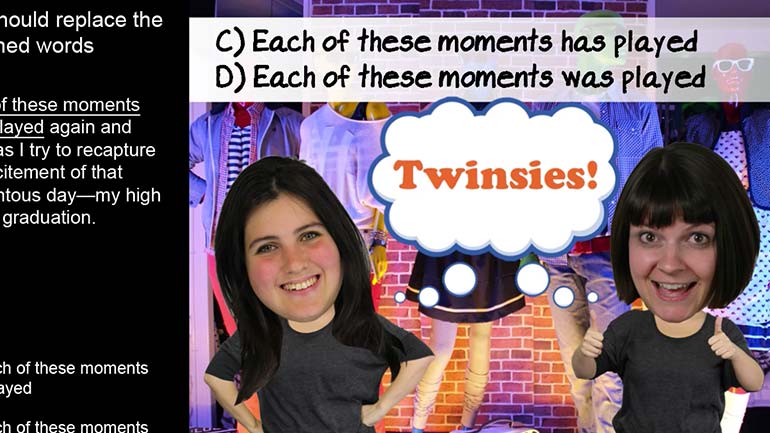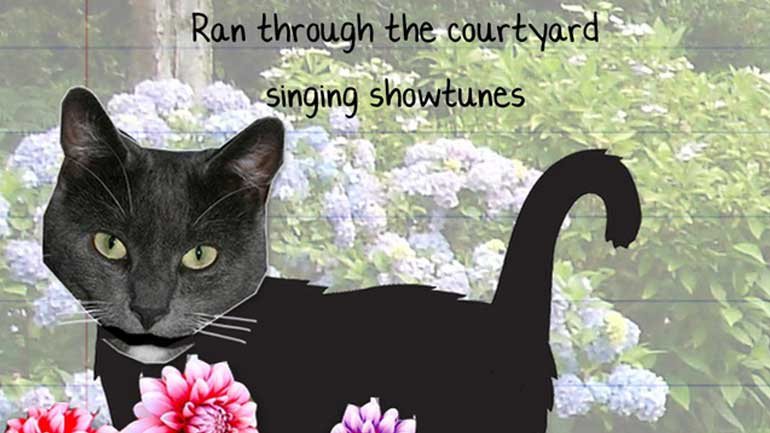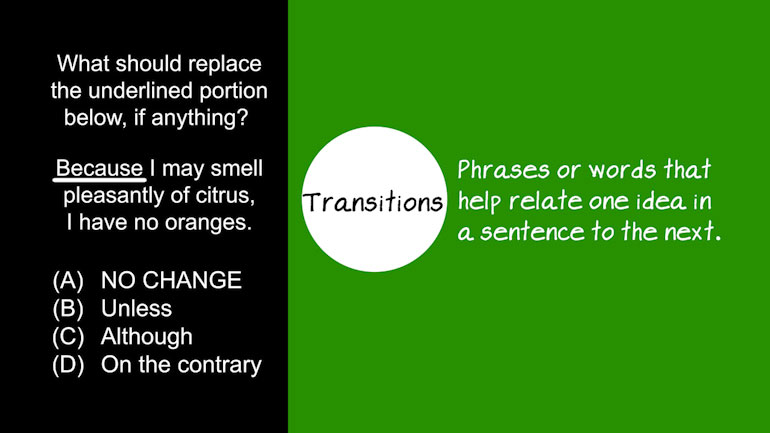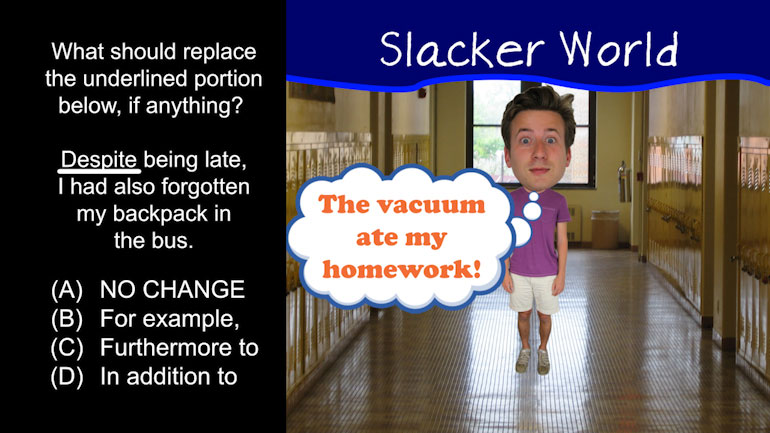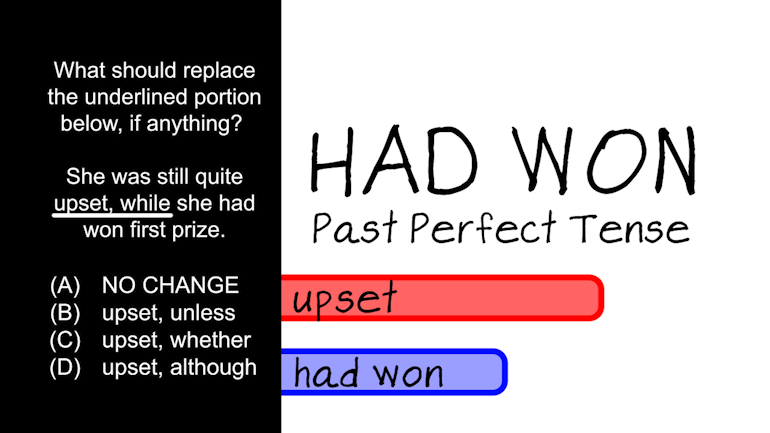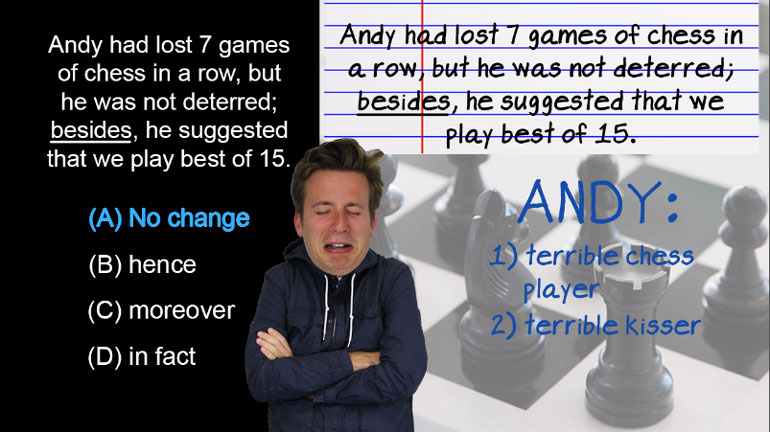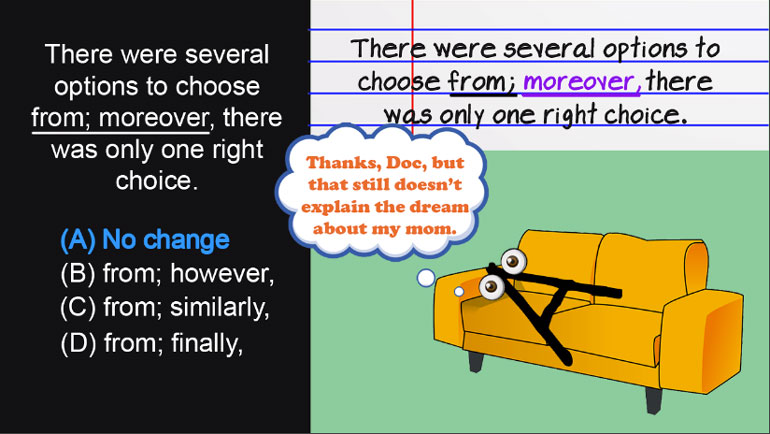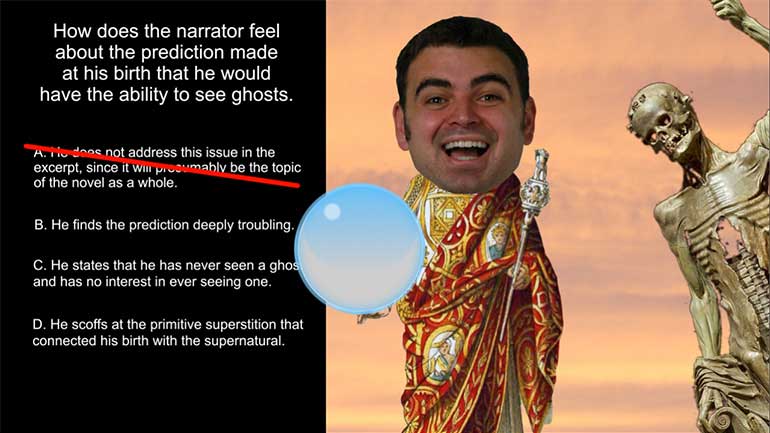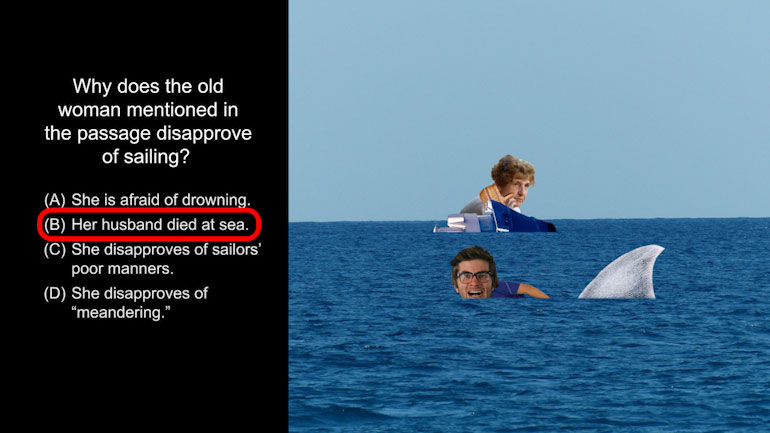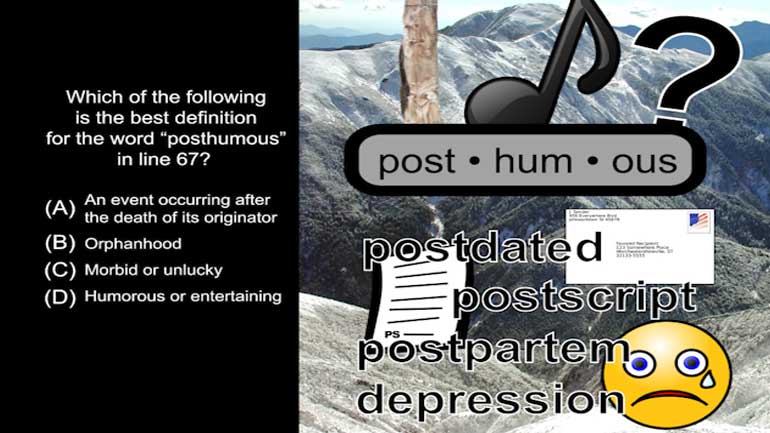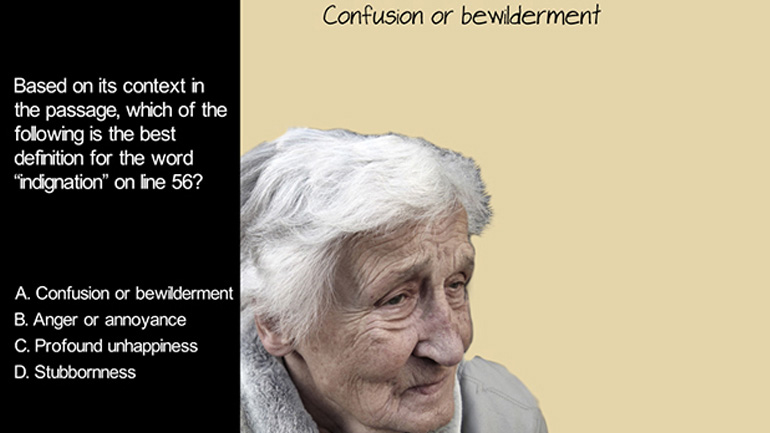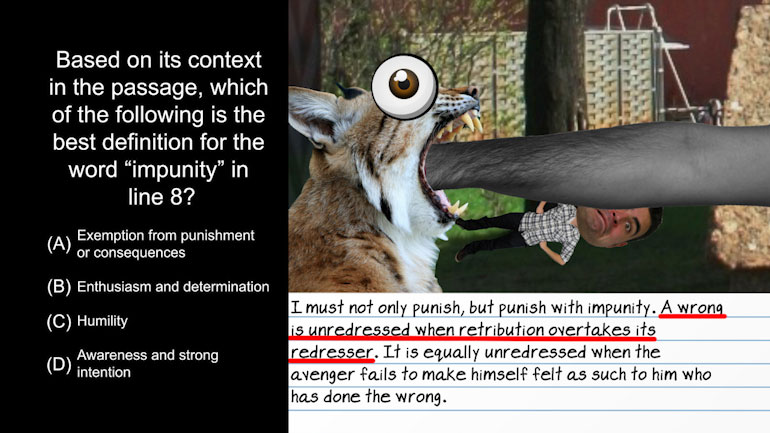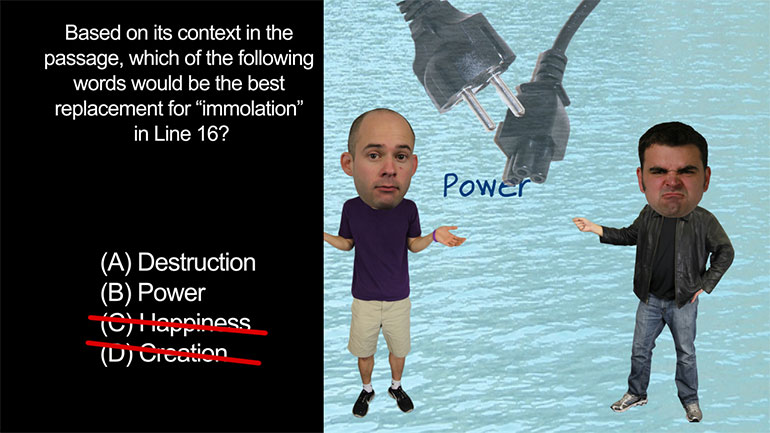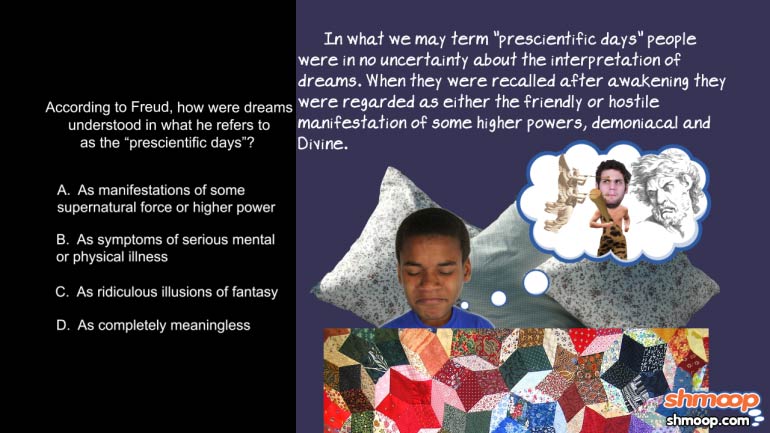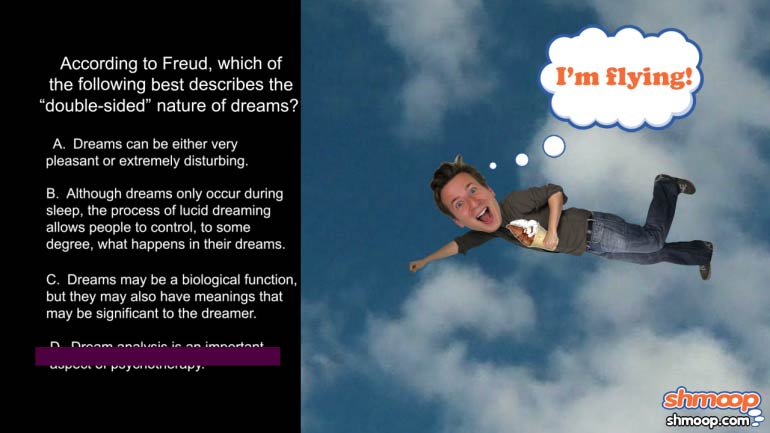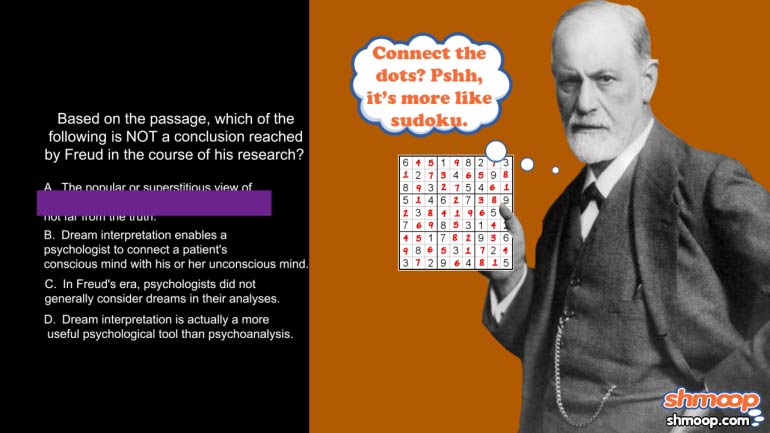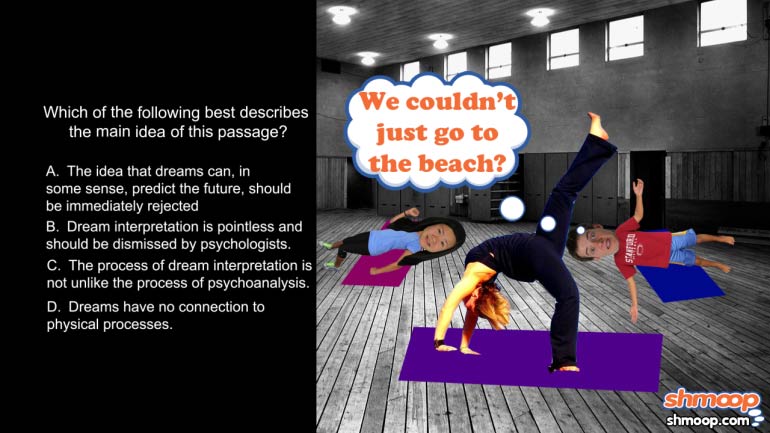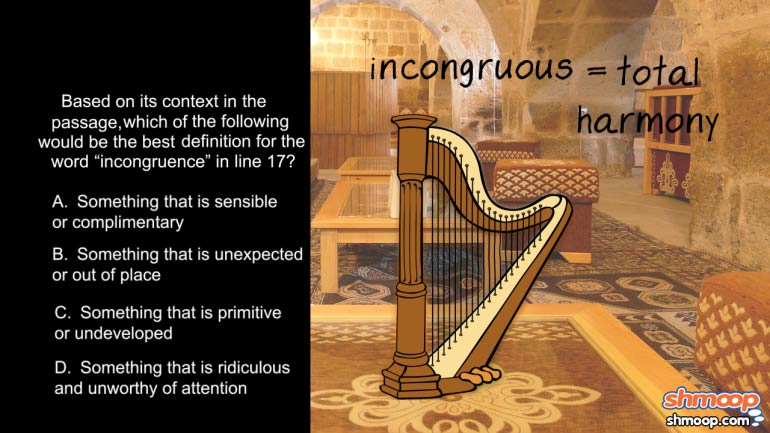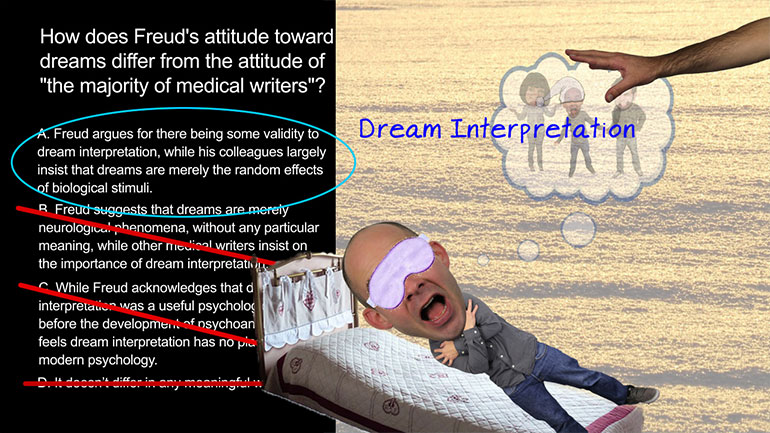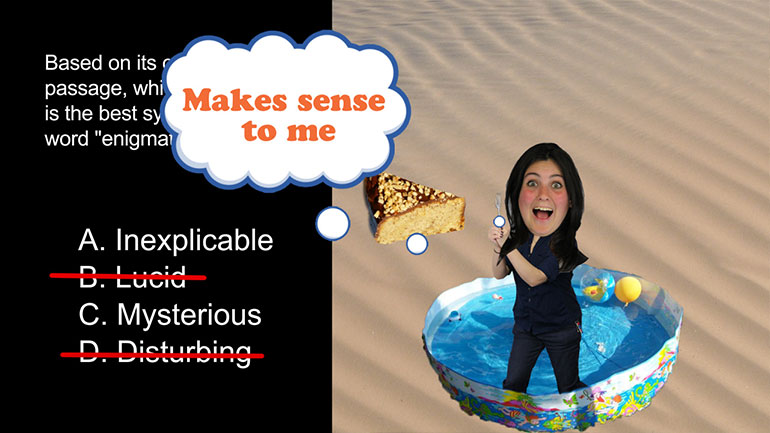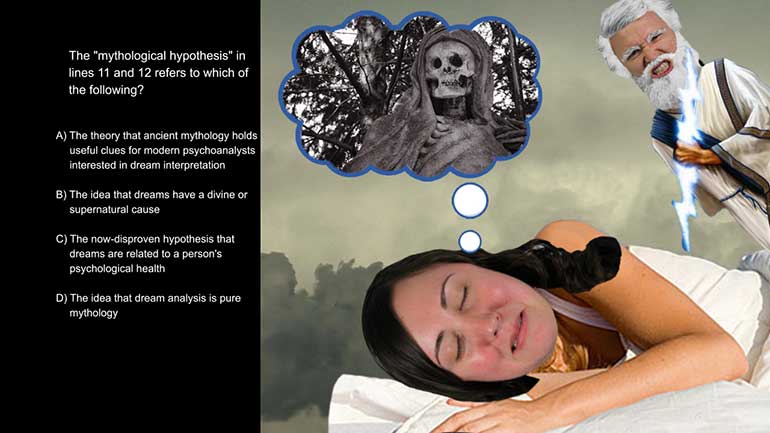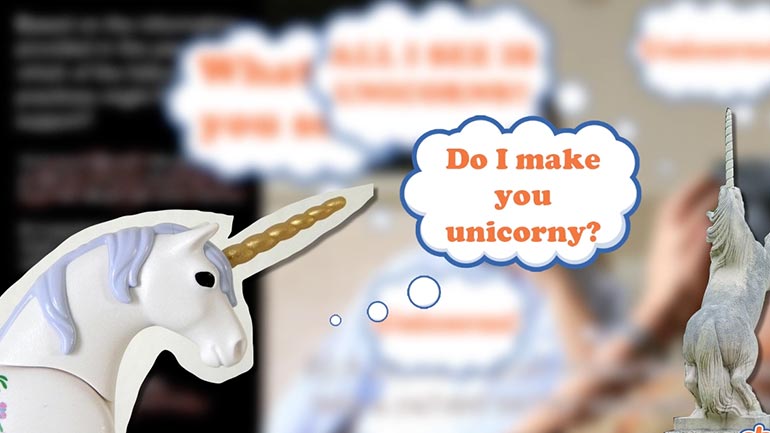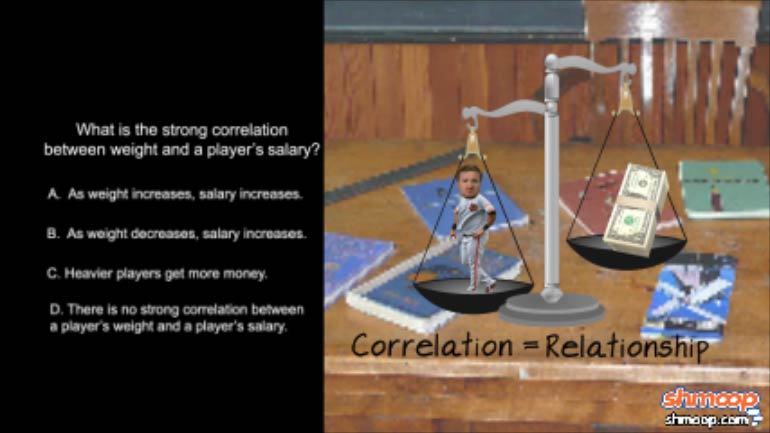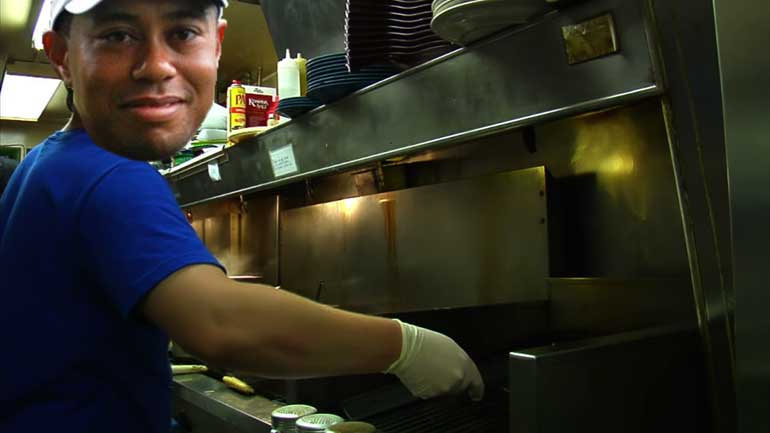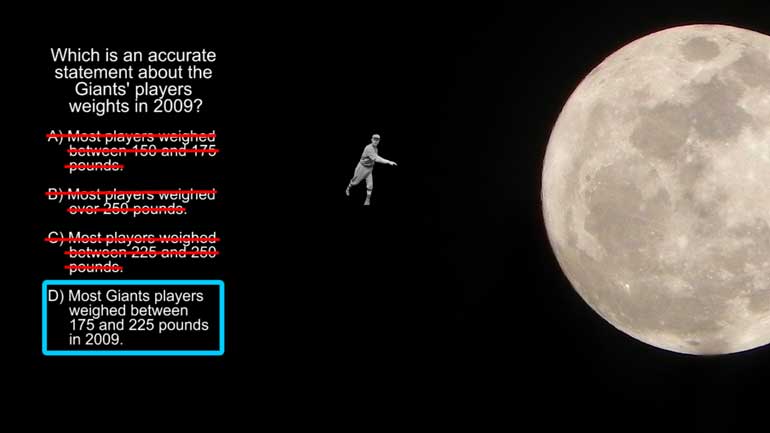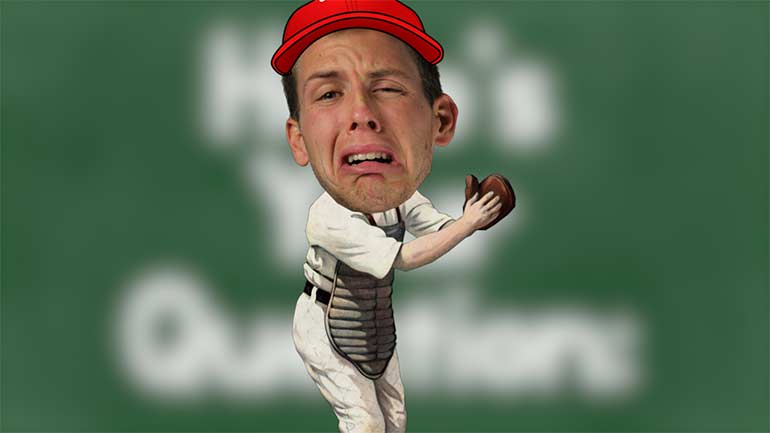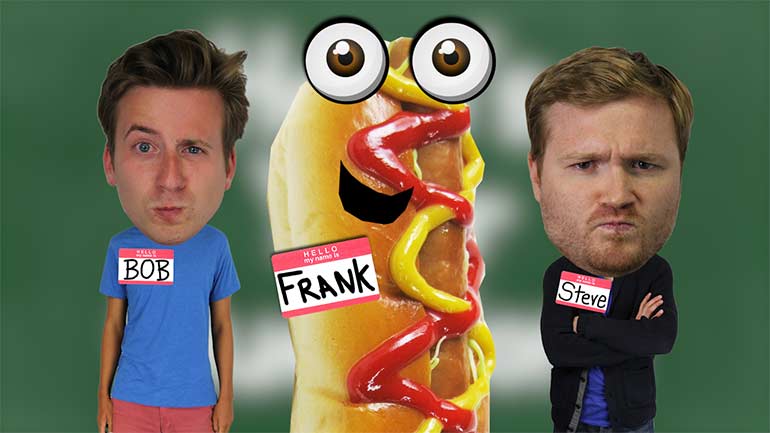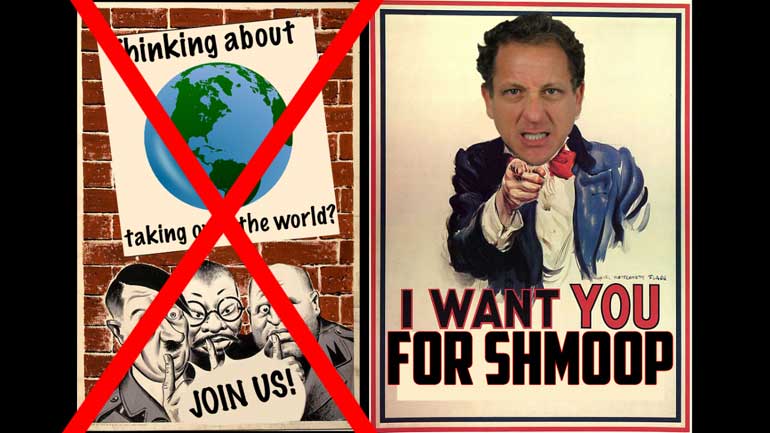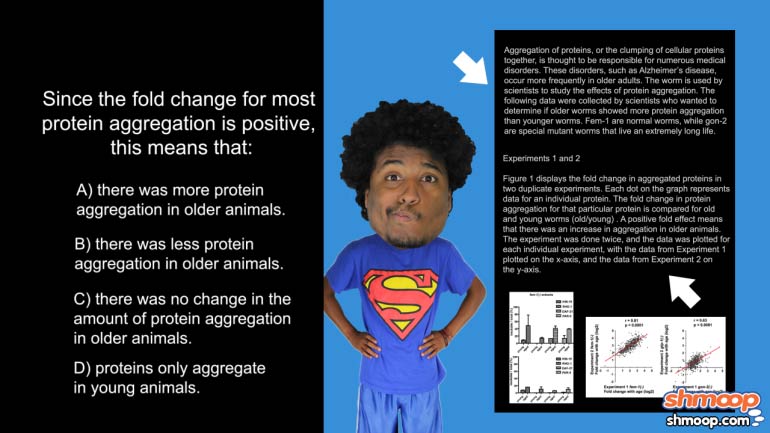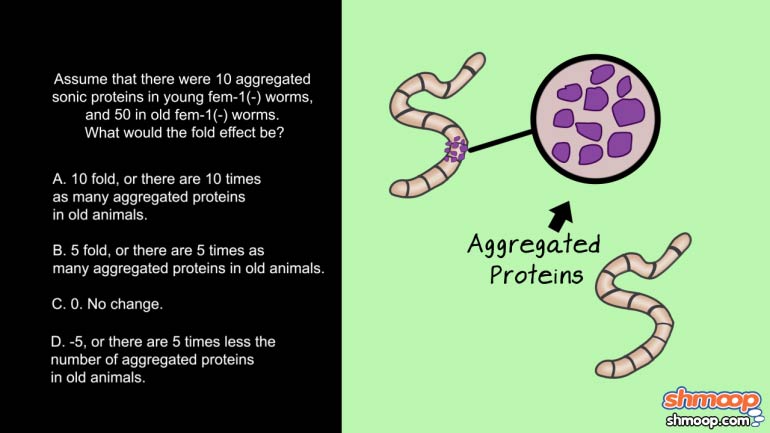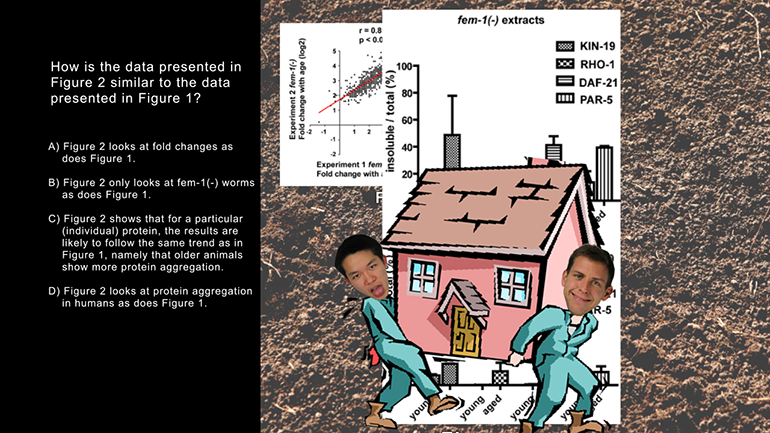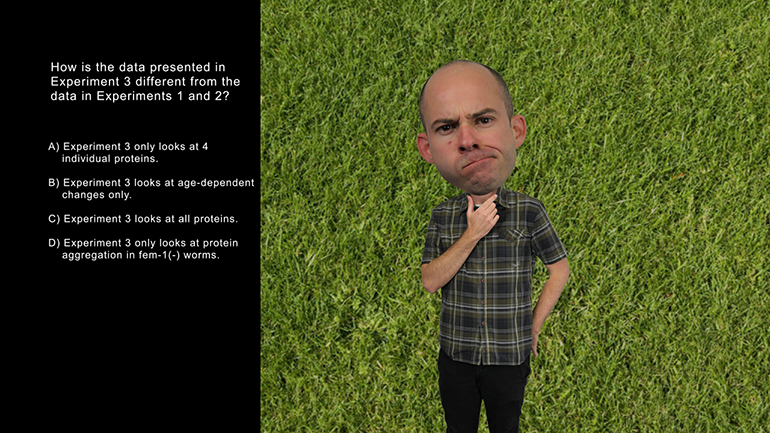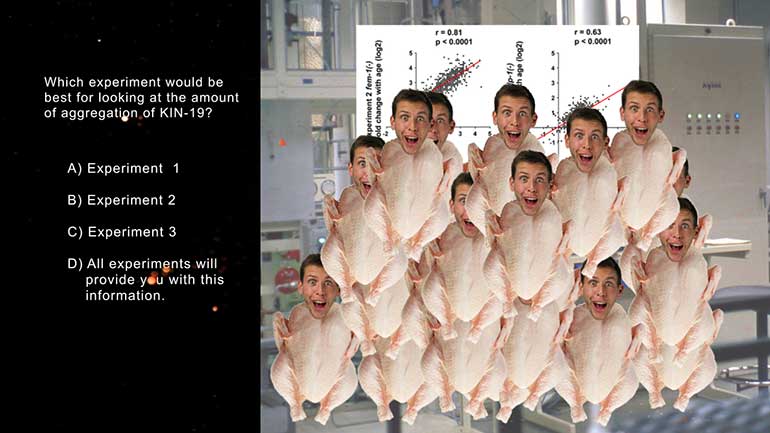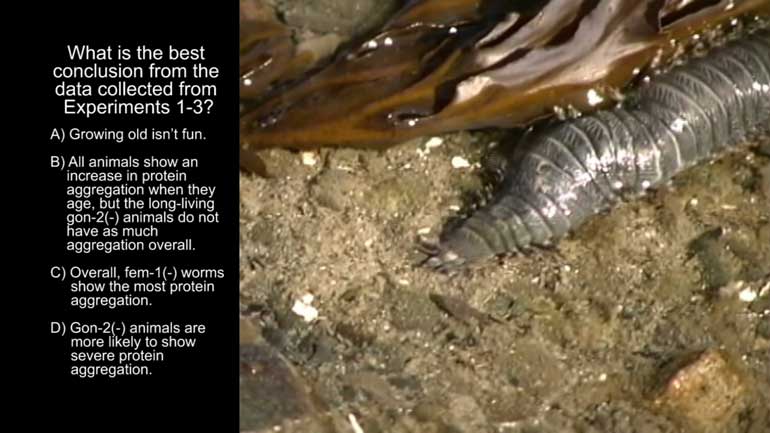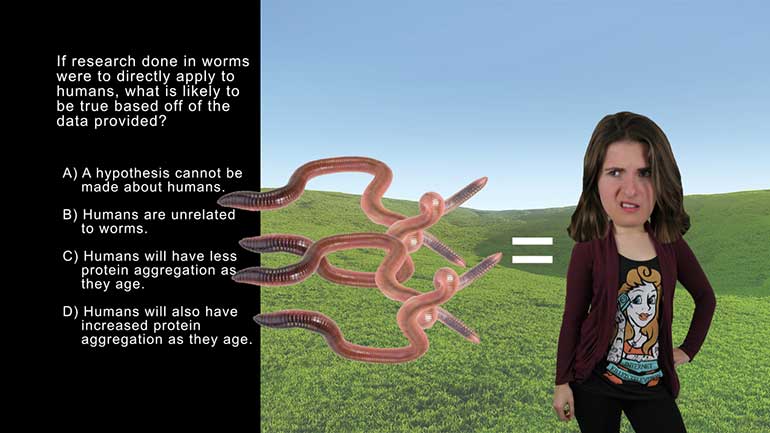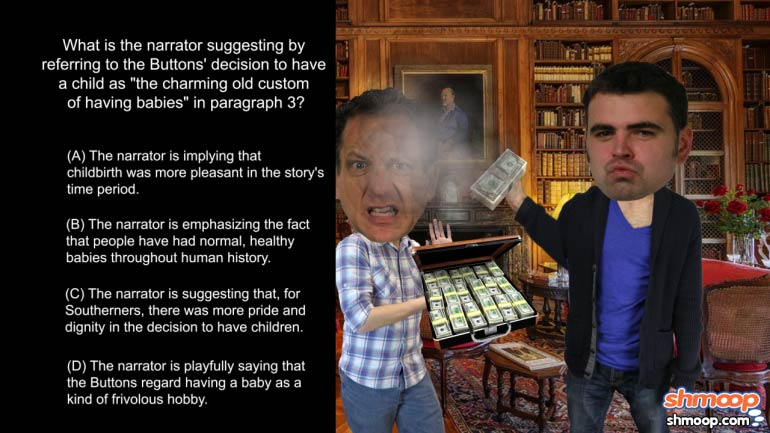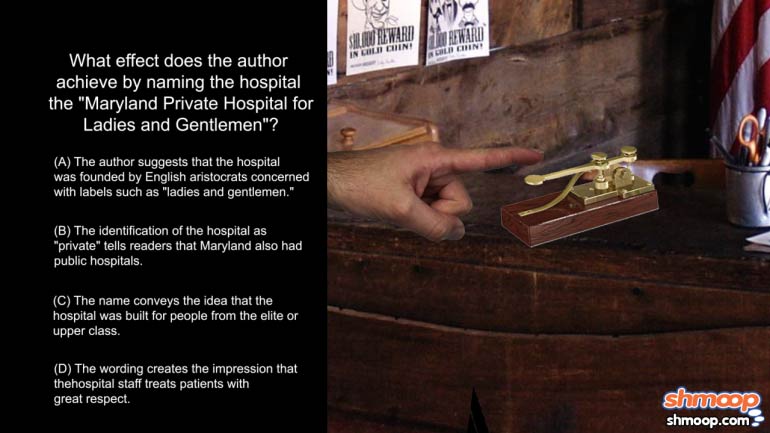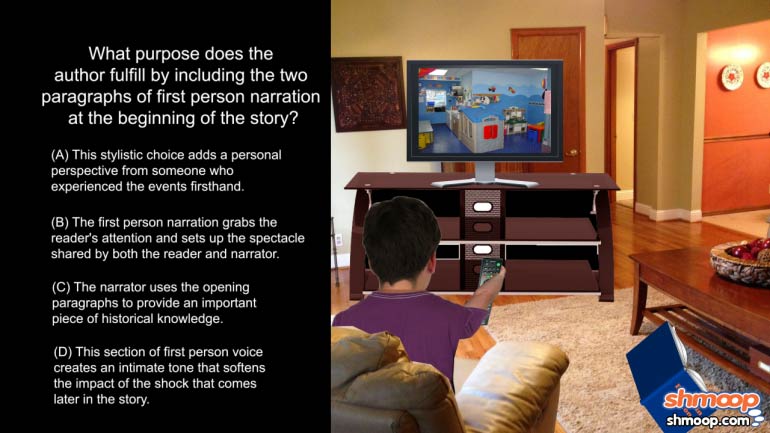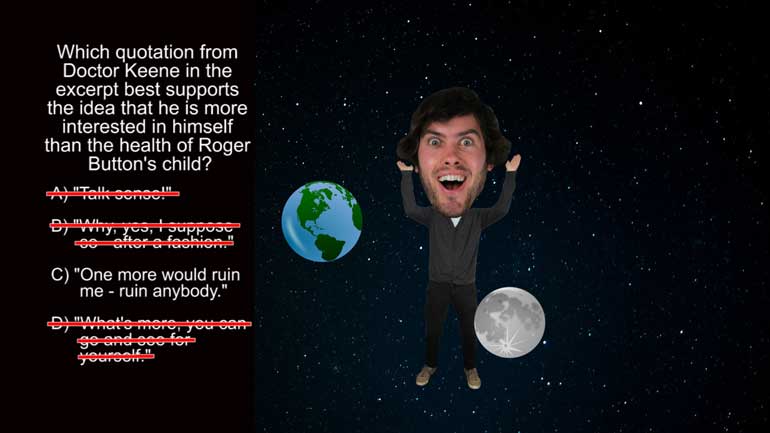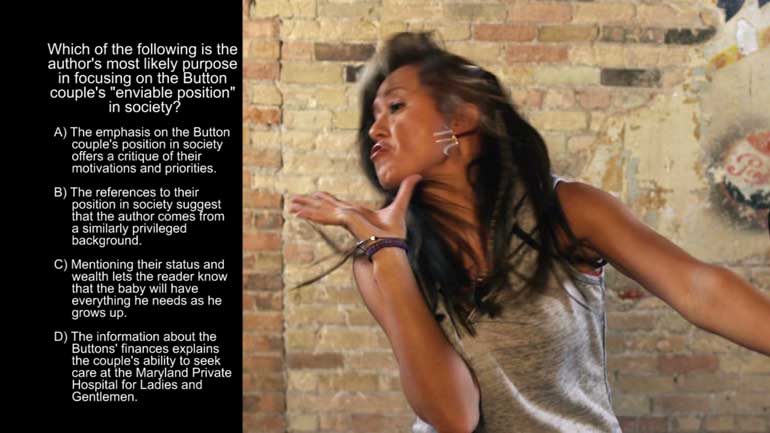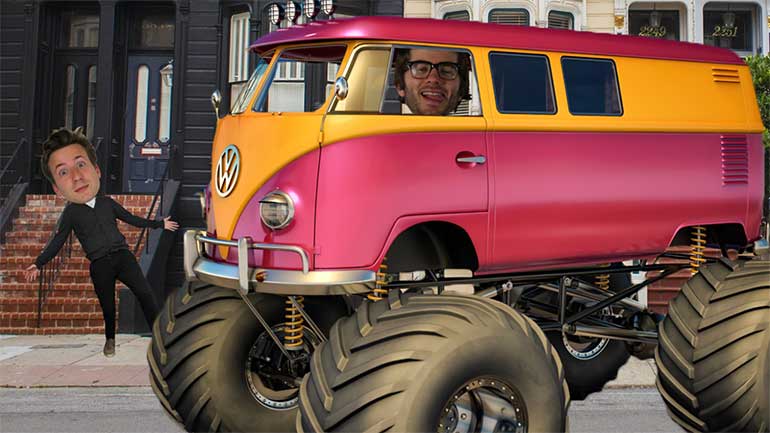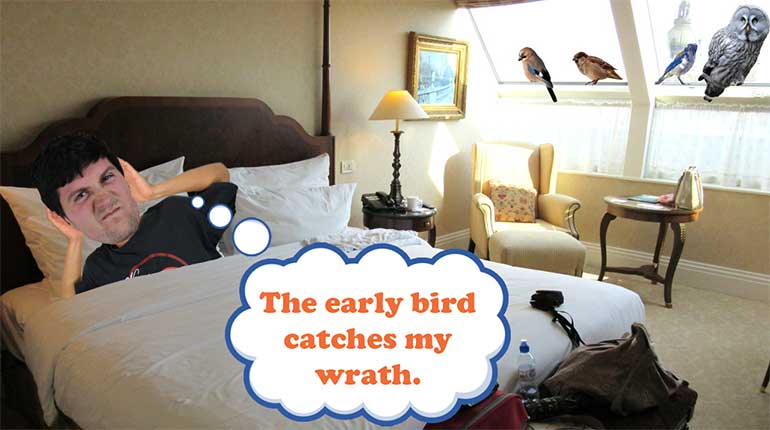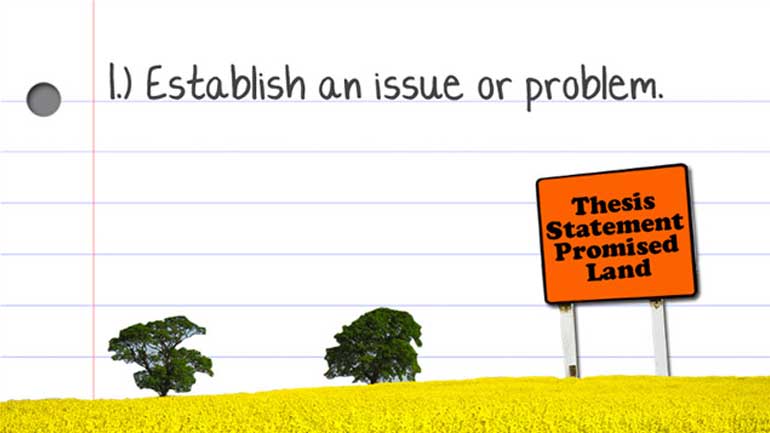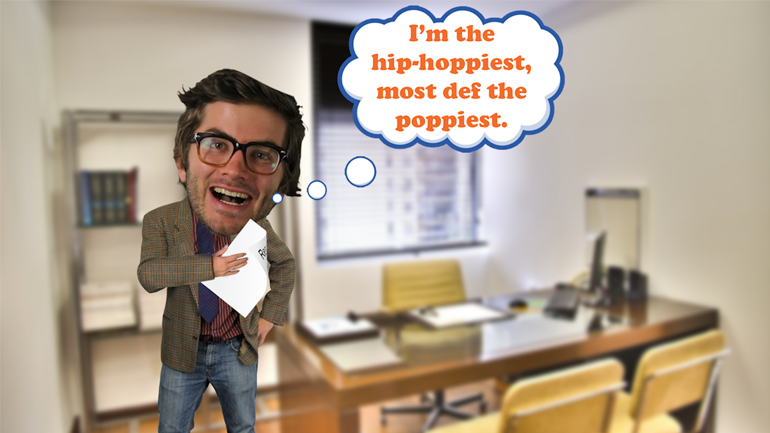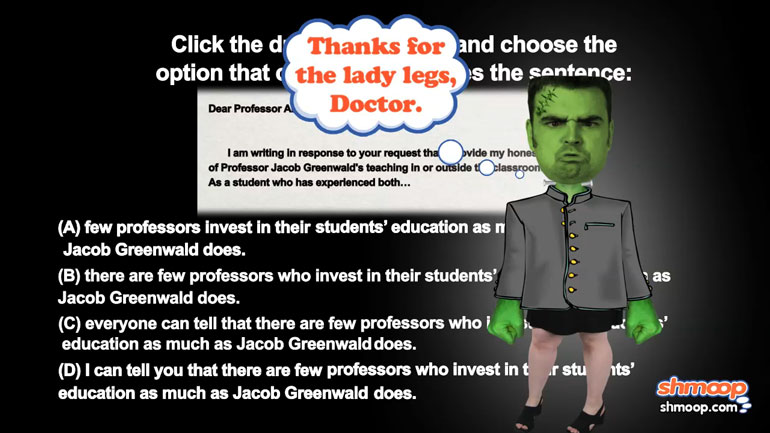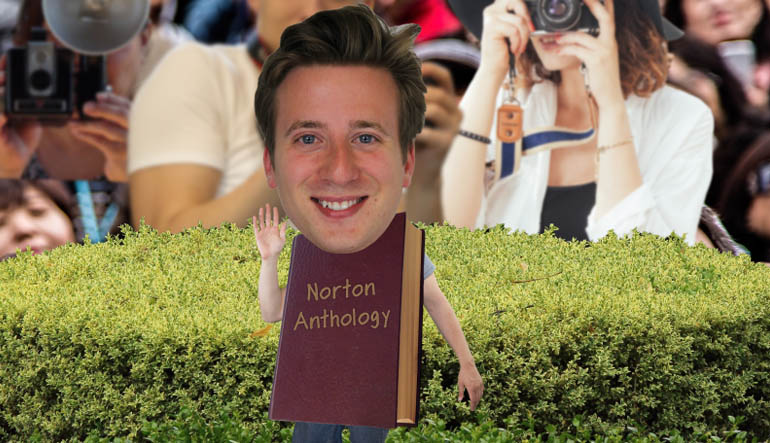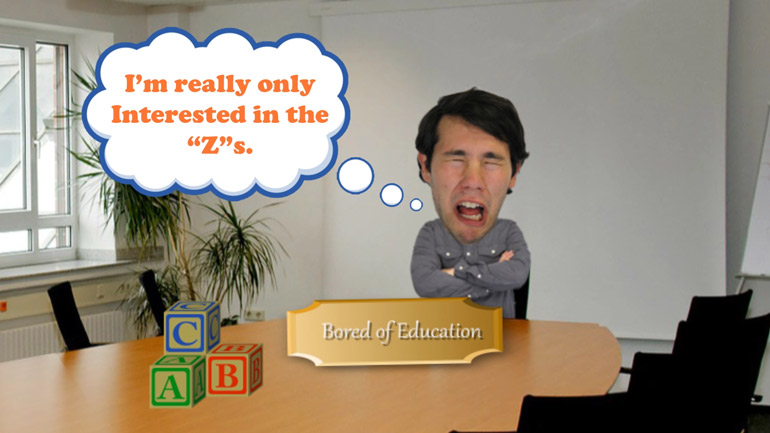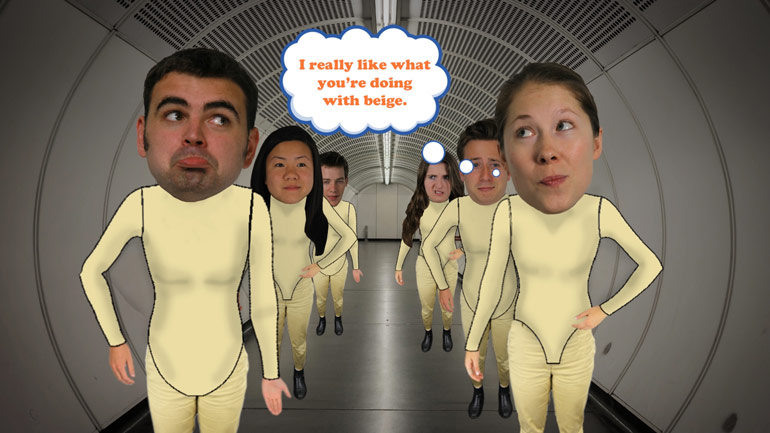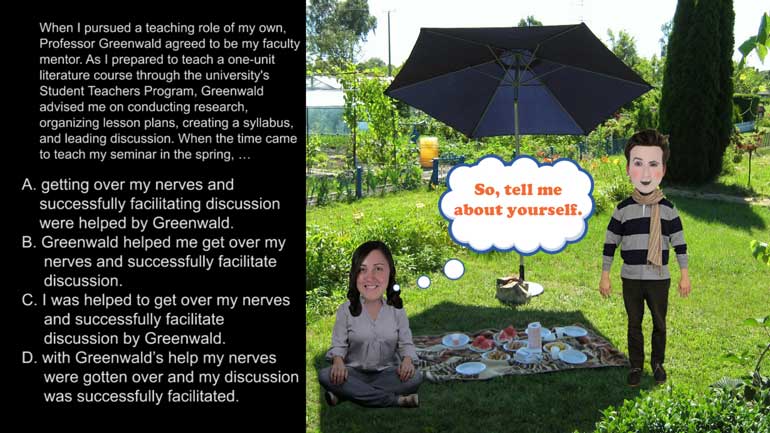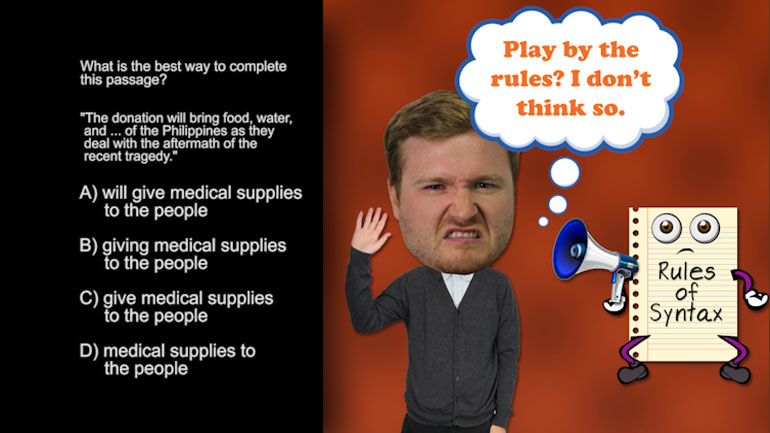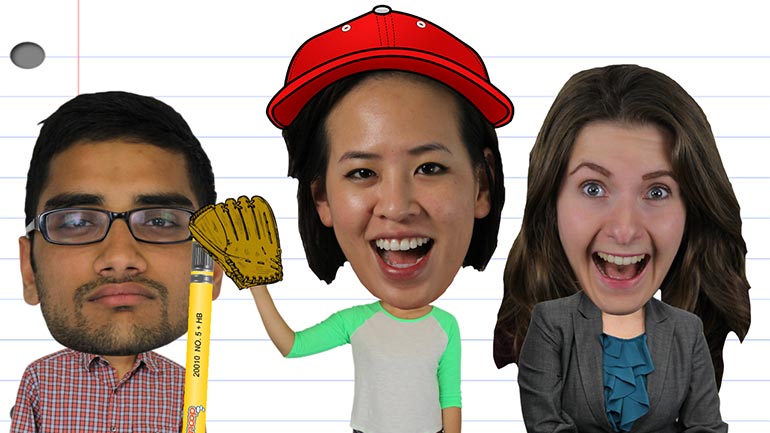ShmoopTube
Where Monty Python meets your 10th grade teacher.
Search Thousands of Shmoop Videos
English I EOC Assessment Videos 175 videos
AP® English Language and Composition: Comprehension Drill 1, Problem 1. The speaker would agree with all of the following statements except what?
AP English Language and Composition: Comprehension Drill 1, Problem 3. What can the "personality" that the speaker describes be characterized as?
AP English Language and Composition: Comprehension 1.9
What Not to do in an Introduction 32976 Views
Share It!
Description:
This video offers some rules of thumb for writing a good introduction. It covers everything from tone (confidence is key!) to phrases and clichés to avoid (no need to tell the reader you’re writing an essay—they already know that), and where to put (and not to put) that all-important thesis statement.
Transcript
- 00:04
What not to do in an Introduction, a la Shmoop
- 00:08
The introduction is arguably the most important part of the essay. In fact… we’re arguing
- 00:12
it right now.
- 00:14
Your teacher is going to have to read the whole thing no matter what, but don’t you
- 00:18
think they should want to read it?
Full Transcript
- 00:21
Here’s what you should never do in an introduction, to make sure your teacher actually enjoys
- 00:27
it. They’ll thank you. Maybe with a better grade.
- 00:33
First of all, you should never not be confident. Always sound sure of yourself.
- 00:41
If you sound unsure of yourself, by saying something like “in my humble opinion”
- 00:45
or “if I recall correctly”, no one is going to believe anything you have to say.
- 00:52
Basically, if your intro can be summed up with a few texting acronyms, it’s a bad
- 00:57
intro.
- 00:58
Along those same lines, don’t use phrases like “in this essay” or “the purpose
- 01:03
of this paper is to…”
- 01:05
What is following your introduction? Pages and pages of an essay. The fact that you’re
- 01:11
writing an essay makes it apparent that you’re writing an essay. You don’t need to tell
- 01:15
anyone this.
- 01:16
If there’s anything that would grant your essay a one-way ticket to the incinerator,
- 01:21
it’s referencing the dictionary.
- 01:23
Avoiding this is simple: Don’t reference the dictionary.
- 01:27
Just don’t do it.
- 01:29
Along those lines, it’s also cliché to begin your essay with a quote from someone
- 01:34
else. Don’t ever being an essay saying something
- 01:38
like, Dr. Phil says, Sometimes you make the right decision, sometimes you make the decision
- 01:44
right.
- 01:45
In fact, don’t quote Dr. Phil ever.
- 01:48
Your introduction should only be your words.
- 01:51
Finally, don’t start with your thesis statement.
- 01:54
That’s like trying to run up the side of the Empire State Building your first day doing
- 01:59
parkour <<par-coor>>.
- 02:02
Work your way up to it.
- 02:04
The best place for your thesis is at the end of your introduction.
- 02:09
So those are a few things not to do in an introduction.
- 02:12
Don’t sound unsure of yourself.
- 02:14
Don’t say that you’re writing an essay.
- 02:16
Don’t quote the dictionary.
- 02:17
Actually, don’t quote anyone in your intro.
- 02:20
And don’t lead off with your thesis statement.
- 02:23
Following these simple rules will keep your teacher’s blood pressure low, and might
- 02:29
just keep your grade high.
Related Videos
Want even more deets on wordiness? Click here to review. Or take a look at our entire grammar section for all the goods.
Want even more deets on tenses? Click here to review. Or take a look at our entire grammar section for all the goods.
Want even more deets on semicolons? Click here to review. Or take a look at our entire grammar section for all the goods.
Asking questions can help spice up an essay. Just make sure you don't get too spicy and forget to answer those questions. You don't want to leave y...
This video defines parallel structure and analyzes what makes it powerful (spoiler alert: sticking to a consistent part of speech, like infinitives...

